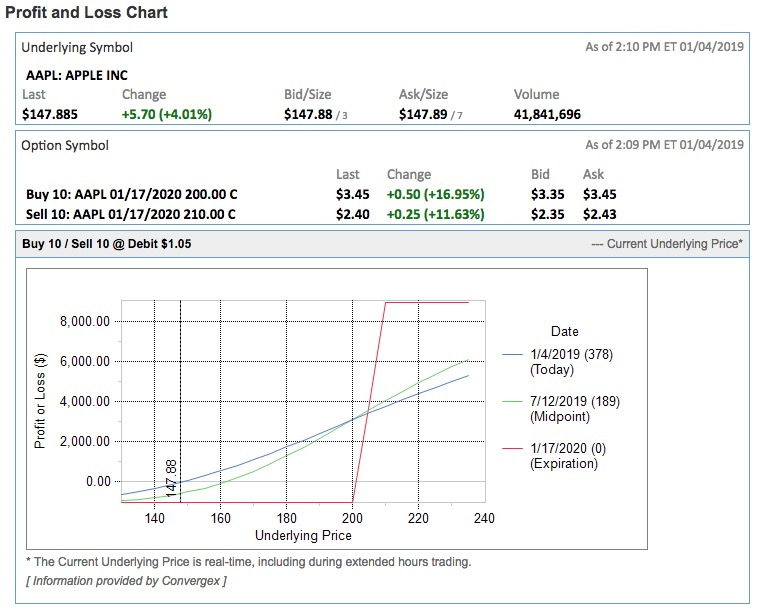
This is why I trade options. Leverage. When I look at a stock that I feel (no guarantees, of course) is about to have a run up, options are the way to get the most leverage. I saw a potential 50% increase in this stock, and the typical investor might consider buying some on margin. 100 shares, $15000 cost, $7500 out of pocket. Stock rises to $210, a $6000 gain less margin fees. About an 80% return. For the trade above, an option spread, the out of pocket was $1050 for a potential $9000 gain. A far higher return with less at risk. Of course, in the one year, the result is a potential 100% loss if the price doesn't move at least 30% or so.
This is one strategy, the one I use most often, with enough success that the losses don't bother me. To be clear, I don't call this 'investing', but rather 'gambling', but in a way where I know the exact potential return, and with some analysis, use of Black Scholles models, the odds of these events, or at least what the market currently shows the odds to be.
(The same day I traded the above, I looked at the same type of trade a year out, to have 2 years for the stock to recover. The $240/$250 spread was priced, and filled at $1.)

